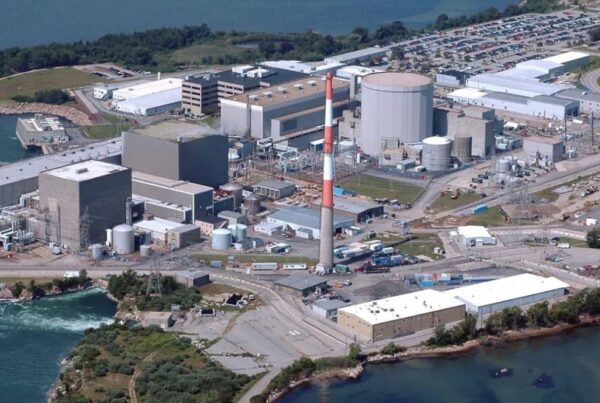On a drive along Sasco Hill Road in 1914, financier Oliver Gould Jennings turned to his son and made a bold declaration: the onion fields and tidal marshlands along Southport Harbor would make for a magnificent golf course. At the time, the area was little more than a swath of farmland plagued by summer swarms of insects—earning it the nickname “Mosquito Hill.” But Jennings saw beyond the marsh, envisioning an exclusive golf retreat that would serve Fairfield’s most prominent citizens.
As a man whose family wealth stemmed from Standard Oil, Jennings had both the influence and resources to bring his vision to life. He gathered a group of like-minded friends and founded The Country Club of Fairfield, setting the stage for what would become one of the nation’s most celebrated golf courses.
The Influence of Seth Raynor
Jennings enlisted Seth Raynor, a protégé of the legendary Charles Blair Macdonald, to design the course. Macdonald, often referred to as the father of golf in America, had pioneered a distinct architectural style based on the classic links courses of the British Isles. Raynor followed in his mentor’s footsteps, shaping a course that replicated iconic golf holes from Scotland and England, right along the shores of Long Island Sound.
Transforming the marshland into a championship golf course was an enormous engineering feat. The project took seven years, requiring extensive landfilling to make the terrain suitable for play. Workmen—including teams from the Barnum & Bailey circus in Bridgeport—camped on the beach while unloading topsoil brought in from Long Island.
By the time The Country Club of Fairfield officially opened in 1921, it was already making waves in the golf world. Hall of Fame golfer Walter Hagen was among those in attendance for the inaugural round, marking the beginning of the club’s long-standing tradition of attracting elite players and prestigious tournaments.
The Golden Age of Golf and Fairfield’s Social Hub
During the Roaring Twenties, golf was booming across America. The Country Club of Fairfield quickly became a center for not just golf, but also high society gatherings. Membership, initially extended to Jennings’ inner circle, grew steadily, and the club played host to everything from Harvard-Yale football celebrations to lavish luncheons and teas overlooking the water.
Yet, the club’s success was nearly derailed by the Great Depression. Across the country, country clubs were hit hard, with a staggering 78% decline in membership. In response, Fairfield’s club took an innovative approach—introducing tennis courts and a beach house to attract younger families and diversify its offerings. The club also made headlines when it became one of the first to allow men to wear topless bathing suits at the beach—a move that was considered quite progressive at the time.
Surviving World War II
World War II presented another challenge: rationed gasoline, a shortage of materials, and the loss of members to military service. Even golf balls and clubs were in short supply as materials were repurposed for the war effort. But as the war ended, The Country Club of Fairfield saw a resurgence, with golfers and families eager to return to the fairways and the beachside clubhouse.
An “Old” Clubhouse for the Future
As the game of golf evolved, so did The Country Club of Fairfield. In recent years, the club redesigned its clubhouse with architect Mark Finlay leading the project. The new structure follows the Colonial Revival style of the original building while incorporating modern features. The project was planned to update the facility and accommodate the needs of a changing membership.
Today, The Country Club of Fairfield remains an understated yet iconic landmark. From its origins as a vision on Mosquito Hill to its status as one of America’s most respected courses, the club continues to be a pillar of Fairfield’s sporting and social fabric.
Cress is a leading real estate agent serving buyers of high-end properties in Fairfield County, CT. What sets us apart from other agents is our unwavering commitment to offering the lowest fees in the industry for the level of service we provide. We believe you shouldn’t have to sacrifice quality for affordability.
Our flat fee buyer’s agent services and commission rebate models make luxury real estate more accessible, delivering top-tier service and unmatched value. By streamlining operations and leveraging technology, we pass those savings directly to you, ensuring an exceptional real estate experience. For more information, visit www.callcress.com.
Doug Cress
(212) 203-5251
doug@cress.co
License #RES.0832278
Fairfield County, CT
Enterprise Realty Inc.
License #REB.0751297
80 Huntington St.
Shelton, CT 06484




